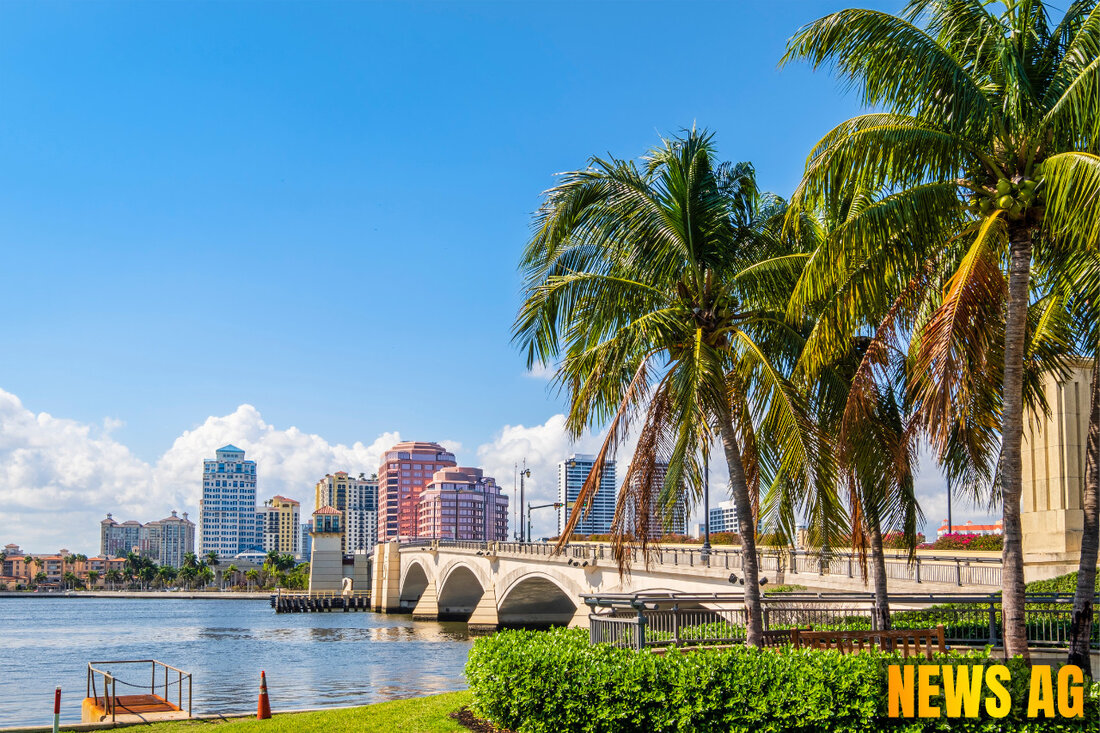Lake County's Gas Tax Hike: Is 12 Cents the Price of Progress?
Lake County officials are considering a gas tax increase to fund vital road maintenance amid population growth.

Lake County's Gas Tax Hike: Is 12 Cents the Price of Progress?
As the population of Lake County swells, so do the demands on its infrastructure. In a move designed to tackle these challenges, Lake County Commissioners are weighing a proposal that could increase the local gas tax by five cents per gallon. This increase is poised to elevate the total local option gas tax from 7 cents to 12 cents per gallon, a necessary step to address the region’s urgent road maintenance and development needs.
With a vote having recently been cast to initiate advertising for a public meeting, the proposal is now on the table for community discussion. It is estimated that this tax boost could generate around $7 million annually, with a third of that revenue allocated to city municipalities, leaving the county with approximately $4 to $5 million earmarked specifically for projects like road resurfacing.
Community Impact and Diverging Opinions
The support for the gas tax increase is not unanimous. District 2 Commissioner Sean Parks champions the initiative, believing it is essential for strengthening the county’s resurfacing programs. Meanwhile, District 3 Commissioner Kirby Smith echoes that sentiment, stressing the importance of requiring those who use the roads to contribute to their upkeep. Yet, not all are on board; District 1 Commissioner Anthony Sabatini raises concerns about the fairness of the tax burden on working individuals.
This conversation has implications beyond the county line. Growth is straining Lake County’s transportation network, with heavier traffic and escalating construction costs necessitating swift action. As noted by Fox 35 Orlando, officials believe that the proposed revenue increase is a critical tool to improve infrastructure and enhance road safety for the county’s expanding population. However, the commission has yet to finalize its decision on whether to adopt the increase outright or place it on the ballot for referendum.
Florida is not an isolated case in this struggle. According to Pew Research, many states are grappling with shrinking transportation funds largely due to the rise of electric vehicles (EVs) and improved fuel efficiency in cars. These factors are eroding gas tax revenues that traditionally fund essential maintenance and infrastructure projects. It’s a scenario playing out not just locally, but nationwide, raising alarms about the sustainability of transportation funding in states across the country.
The Road Ahead
As Lake County navigates these proposals, it finds itself amid a broader conversation on transportation funding. Given the rising tide of electric vehicle registrations—having jumped from about 2% in 2020 to over 9% in 2023—traditional gas tax revenue models are under increasing pressure. This transition leads to significant funding gaps, leaving policymakers nationwide scrambling for innovative solutions to sustain their transportation budgets.
Aside from the gas tax proposal, Lake County leaders are also mulling over the possibility of securing loans for particular transportation projects and establishing a countywide Municipal Service Taxing Unit (MSTU). Some commissioners argue that a gas tax might represent a fairer approach compared to alternatives like an ad valorem tax. As Lake County pushes forward, a final decision on the gas tax is tentatively expected before an October 1 deadline, placing the spotlight firmly on how communities will invest in their infrastructure future.
The road ahead entails tough choices that will shape not just the aesthetics of surfaces we drive on, but the very future of commuting in our ever-evolving landscapes. Time will tell how Lake County decides to navigate these pivotal developments.

 Suche
Suche
 Mein Konto
Mein Konto